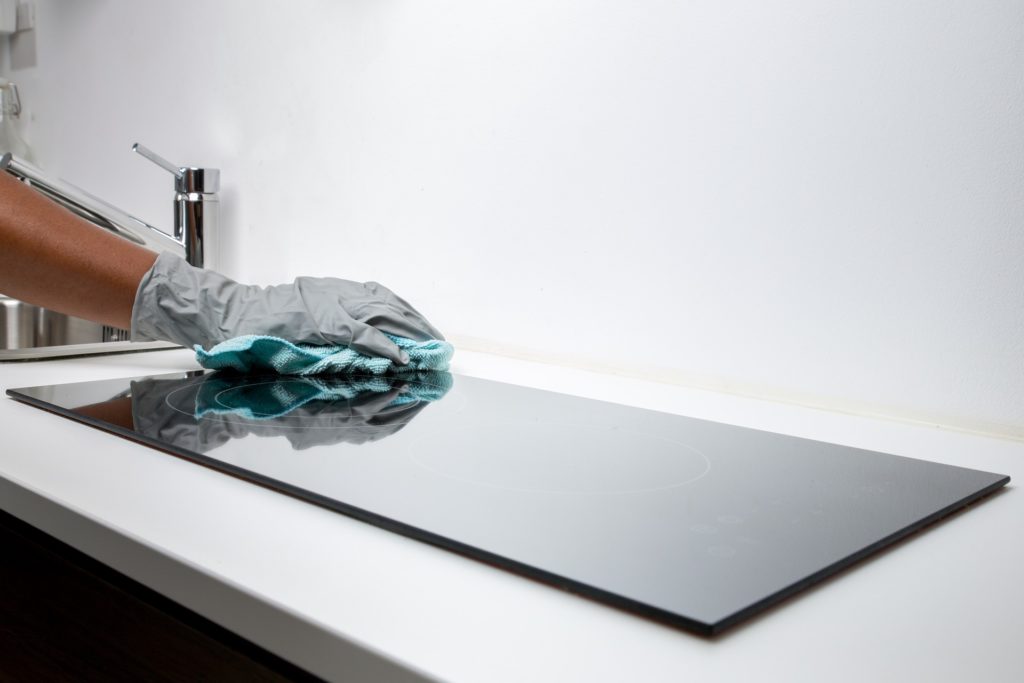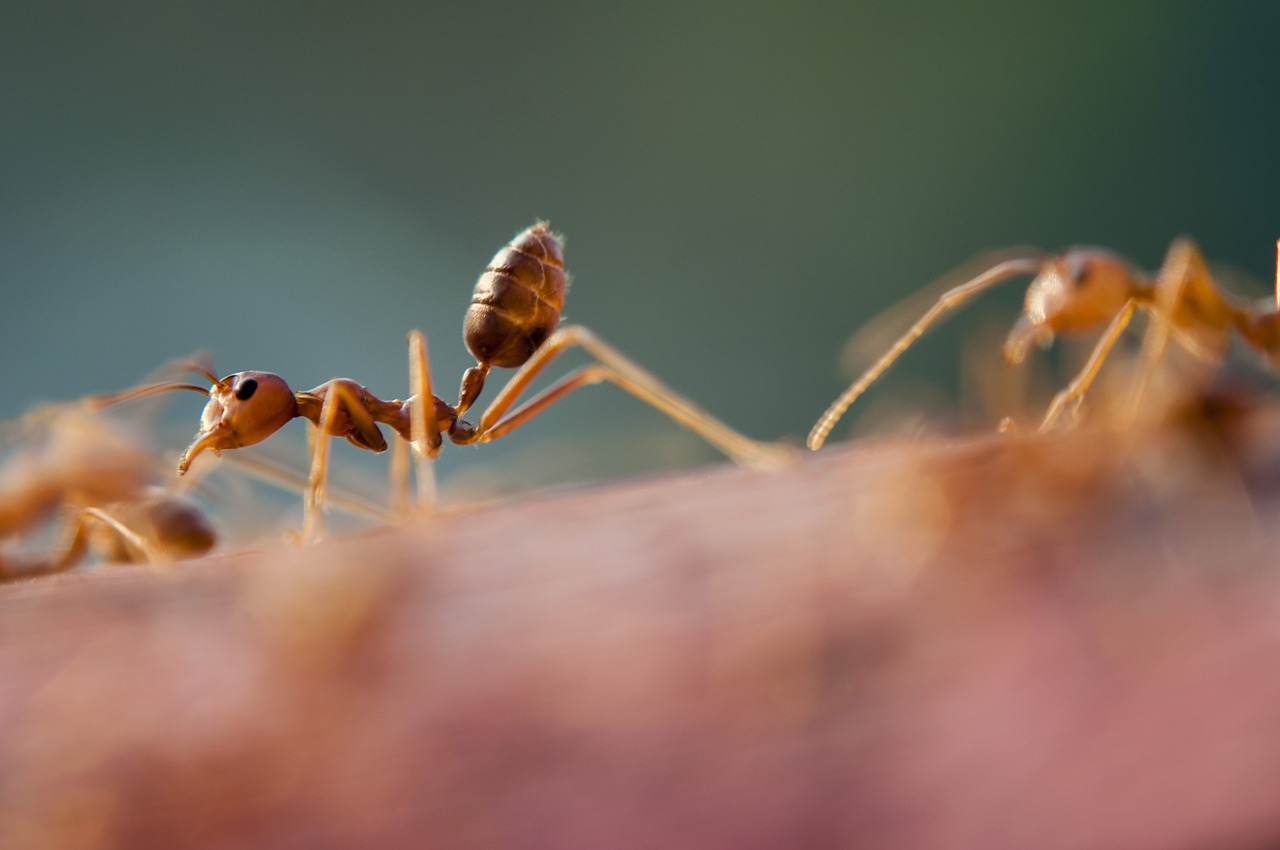Even though ants are generally just nuisance pests, they can still be dangerous. Some ant species, like fire ants, have incredibly strong stings. And some are structurally bad for your home, such as carpenter ants. So, you don’t want these pests on your property. Here are effective ways to prevent an ant infestation at home.
1. Store food properly to prevent an ant infestation
Ants are foragers. They will relentlessly look for new food and water sources around them. Unfortunately, your home is a food and water haven. There are many food and water sources on your property, but let’s start with the most obvious ones — the food and water you consume yourself.
Make sure to store your food in cabinets, containers, or refrigerators where they can’t be easily accessed by pests such as ants. Ants are not just the only pests that are attracted to your resources. Cockroaches, flies, and rats also come to mind.
2. Don’t forget about pet food
Pet food is something many homeowners overlook in trying to prevent an ant infestation. Even though different ants have different food preferences, ants in general are not very picky. They will eat even pet food.
And no, not just the pet food in the package, but also the one that is currently in the unattended pet bowl. Store the pet food in a container that is more inaccessible and durable than its own packaging. And make sure you cover or dispose of unattended leftovers in pet bowls.
Don’t forget about your pet’s water bowl as well, especially if it’s placed outside of your home. It may attract a lot of strays, including squirrels.
3. Clean up immediately after eating or drinking
When you eat, sometimes you just can’t prevent small pieces from falling off the dining table (or the bed if you eat in your bedroom.) Droplets are also inevitable, as they accumulate at the bottom of your bottle or glass even if you don’t spill anything.
Remember that ants are small creatures. Even small food crumbs and water droplets are enough to sustain them. Prevent an ant infestation by cleaning up immediately after you eat or drink. You also don’t want to leave the dishes in the sink for too long.
Many times, ants can’t even reach the dishes in the sink because of big pools of water that block their way. But these obstacles are no match for other pests, like rats.
4. Clean surfaces regularly
Even if you clean up after eating or drinking, you may miss some spots where food crumbs and water droplets can build up. These will attract ants. To prevent this from happening, you should sweep or vacuum all surfaces at home regularly. This way, you are sure you are picking up all small debris that may attract different kinds of pests.
While cleaning, give particular attention to your dining area and kitchen. Obviously, they are the hotspots for food crumbs and water droplets. But there is another area in your home that is just as prone to ant infestations — your bathroom.
Remember that the food and water sources in your home go beyond the ones you actually consume. The moisture in your bathroom, for instance, is already a good source of water for ants. Keep your bathroom clean and dry.

5. Seal all possible entry points
The obvious entry points are doors and windows. Even if you keep them closed, ants are still small enough to get through them, especially through the gaps in the edges. You can install screens or put weatherstrips on the edges for extra protection. Also, if you have tree branches near your doors and windows, make sure to cut them. They may serve as bridges between the outside world and your home.
There are other entry points you should be aware of, such as the cracks and holes in your walls and problems in your plumbing system. Make sure to seal them to prevent ants from going through them.
6. Be wary of scouts and ant trails
Scout ants are rogue ants traveling around to look for food and water for their colony. You may see them in hotspots like dining areas and kitchens. Before you know it, there are already ant trails on the walls of your kitchen.
Be wary of scouts and ant trails. When you see them, take away the food and water they are trying to get. And disrupt the ant trails by using commercial products like insecticides or natural ingredients like vinegar. Ants rely on their sense of smell when they form ant trails. You can take this away from them by using ingredients with strong odors.
7. Ant baits will prevent an ant infestation
Immediately killing scouts and ant trails won’t always deliver results. What you want to target is the colony itself sending the scouts and the ant trails. One way to get rid of this colony is to sprinkle ant baits on the areas where you see the scouts and ant trails.
Don’t kill the ants. The ant baits may attract even more scouts and bigger ant trails temporarily. But let them have their fun. Let them take home the ant baits back to their colony. Once they feast on the bait, the ants and the colony may die off.
You can buy ready-made ant baits. But you can make some yourself by combining boric acid and sugar. Whether you are going to use commercial or DIY ant baits, remember that they can be toxic to unattended children and pets, so proceed with caution.
8. Protect your home’s perimeter
Prevent scouts from even scouting your home by blocking them with insecticides. Spray insecticide around your home’s perimeter to create a “barrier” that will prevent scouts from entering your home. When buying insecticides, make sure that they indicate that they can be used against ants. And follow the instructions on their application diligently.
If you want to go the natural route, you can also try essential oils, particularly those of cedarwood, clove, peppermint, tea tree, or the citrus variety like lemon and orange. Mix a few drops of your chosen essential oil with water and spray around your home.

Prevent an ant infestation at home
There’s no clear-cut way to prevent an ant infestation at home. Some researchers even say that trying to prevent one is a waste of time. Still, there is no harm in trying the most basic things — keeping food away, looking out for scouts and ant trails, and setting up an insecticide barrier around your home. With these basic things, you can at least reduce the chances of dealing with a full-blown ant infestation.

